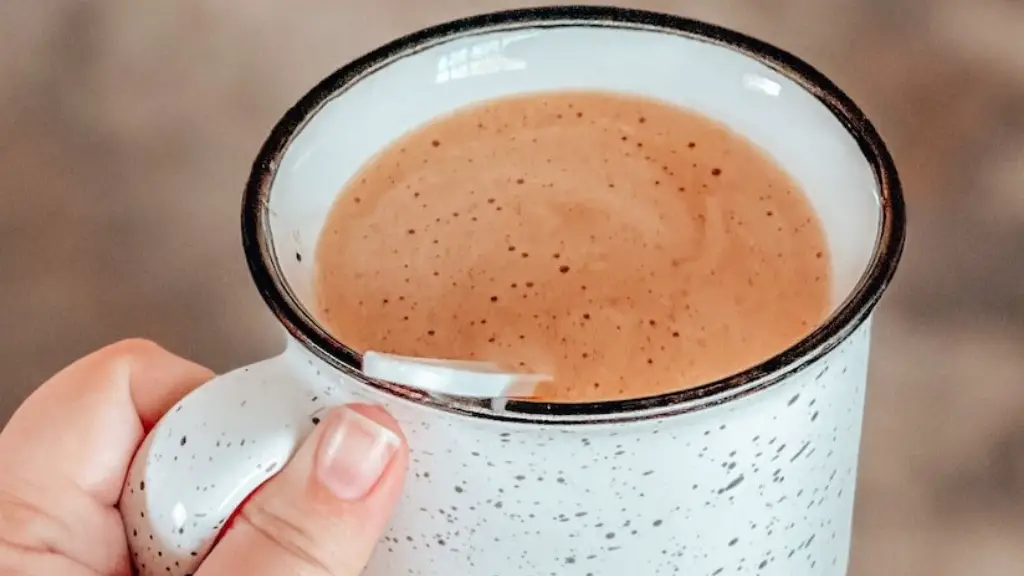How Many Cups of Coffee Do Average Americans Drink
How much coffee is too much? One of the most commonly asked questions pertaining to the average American’s caffeine intake is this one. While the answer may vary depending on the individual and the circumstances, here we will look at some hard data to see what the average American drinks.
Statistics show that in 2017, approximately 64% of American adults consumed coffee on a daily basis. According to a survey run by the National Coffee Association, roughly 33% of Americans over the age of 18 drink an average of three cups of coffee per day. Men drank on average three and a half cups of coffee while women averaged out to two and a half. This adds up to a total of almost 587 million cups of coffee being consumed every day in America.
Caffeine is a stimulant, and in large quantities can have a significant effect on an individual. The recommended maximum caffeine intake for adults is 400 milligrams per day, or four to five cups of coffee. While 79% of coffee drinker’s studies in 2017 did not exceed this daily limit, 13% drank six or more cups per day – potentially putting them at risk for adverse health effects.
It is thought that coffee consumption could possibly affect individuals in different ways. Factors such as one’s genetics, overall health, age and lifestyle may all play part in how much coffee can be consumed with no harmful side-effects. Caffeine is an addictive substance, and those who drink it regularly build up a tolerance level over time, which can cause them to drink more productionally.
Increased caffeine consumption has been linked to higher levels of stress. Additionally, drinking too much coffee can also lead to a decrease in concentration and may result in anxiety or insomnia. There are also numerous beneficial effects of drinking coffee, as it can improve mental performance, alertness and cognitive function.
Added Benefits of Coffee Consumption
Coffee has a myriad of benefits from improving one’s physical to mental health. Studies have indicated that those who drank moderate amounts of coffee had a lower risk of developing type 2 diabetes and that there is an inverse relationship between coffee consumption and risk of stroke. Additionally, there is a potential risk reduction in developing certain types of cancers, such as ovarian and liver cancer.
Furthermore, coffee has been associated with increasing levels of serotonin, which can contribute to improving one’s mood. Consuming coffee can also decrease inflammation and promote blood flow. Lastly, coffee can have a positive effect on memory and can enhance one’s memory recall over time.
Dangers of Too Much Caffeine
Unsurprisingly, there are dangers associated with drinking too much coffee. Consuming excessive amounts of coffee can lead to a wide range of physical and mental issues, including headaches, anxiety, jitters, increased heart rate, and insomnia.
Caffeine is also a diuretic, which can cause an individual to become dehydrated. Additionally, it can lead to high blood pressure and can worsen existing heart or digestive conditions. It is therefore important to moderate one’s coffee consumption correctly.
Caffeine Addiction
Over-consumption of caffeine can lead to a pattern of addiction. Individuals who are dependent on caffeine might be unable to function properly or feel lethargic in the morning without first having a cup of coffee. Developing even a mild caffeine dependency can lead to poor quality of sleep and a reliance on coffee to get through the day. This can cause an unhealthy lifestyle and an increase in stress and anxiety levels.
Too much caffeine can also lead to psychological symptoms, such as irritability and a lack of concentration. It is, therefore, important to manage caffeine intake correctly. It is advised that one takes at least fourteen days off from consuming any form of caffeine to break the pattern of dependency, and then after this, trying drink no more than two cups a day.
Alternatives to Coffee
If reducing caffeine intake is the goal, there are a variety of alternatives to coffee that can help wake you up in the morning. For example, water-diluted apple cider vinegar has a range of health benefits and can provide a jolt of energy similar to that of coffee. Additionally, amino acid-rich foods and beverages can also help to provide a burst of energy. Some of these include quinoa, nuts, and nut milk, and freshly-made juices.
Herbal teas are also an excellent alternative to coffee, as they contain no caffeine. Herbal teas come in many varieties and flavors, and they possess a multitude of health benefits, from preventing cancer to calming the nervous system. There are also various types of herbal coffee that are caffeine-free and provide various health benefits.
Conclusion
As with any foods or beverages, it is important to maintain a healthy balance when it comes to coffee consumption. While enjoying the benefits of coffee can have a positive effect on one’s physical and mental health, it is important to be aware of the potential dangers of drinking too much. Therefore, it is advised to practice moderation and be mindful of the amount of coffee one drinks on a regular basis.



